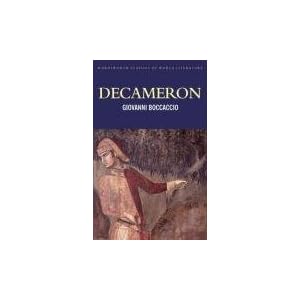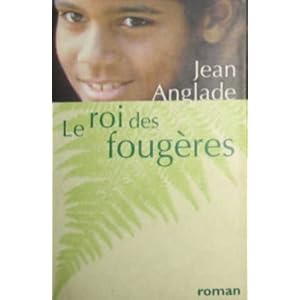So. The Booker Prize longlist for this year was released recently, and it makes for interesting reading in itself.
Peter Carey Parrot and Olivier in America (Faber and Faber)
Emma Donoghue Room (Pan MacMillan - Picador)
Helen Dunmore The Betrayal (Penguin - Fig Tree)
Damon Galgut In a Strange Room (Grove Atlantic - Atlantic Books)
Howard Jacobson The Finkler Question (Bloomsbury)
Andrea Levy The Long Song
(Headline Publishing Group - Headline Review)
Tom McCarthy C (Random House - Jonathan Cape)
David Mitchell The Thousand Autumns of Jacob de Zoet (Hodder & Stoughton - Sceptre)
Lisa Moore February (Random House - Chatto & Windus)
Paul Murray Skippy Dies (Penguin - Hamish Hamilton)
Rose Tremain Trespass (Random House - Chatto & Windus)
Christos Tsiolkas The Slap (Grove Atlantic - Tuskar Rock)
Alan Warner The Stars in the Bright Sky
(Random House - Jonathan Cape)
Emma Donoghue Room (Pan MacMillan - Picador)
Helen Dunmore The Betrayal (Penguin - Fig Tree)
Damon Galgut In a Strange Room (Grove Atlantic - Atlantic Books)
Howard Jacobson The Finkler Question (Bloomsbury)
Andrea Levy The Long Song
(Headline Publishing Group - Headline Review)
Tom McCarthy C (Random House - Jonathan Cape)
David Mitchell The Thousand Autumns of Jacob de Zoet (Hodder & Stoughton - Sceptre)
Lisa Moore February (Random House - Chatto & Windus)
Paul Murray Skippy Dies (Penguin - Hamish Hamilton)
Rose Tremain Trespass (Random House - Chatto & Windus)
Christos Tsiolkas The Slap (Grove Atlantic - Tuskar Rock)
Alan Warner The Stars in the Bright Sky
(Random House - Jonathan Cape)
Already the columns of major news outlets are beginning to buzz. The main topic of literary conversation at present is the fact that if Peter Carey wins this Booker, he will be the only author ever to have won the prize three times. On this basis, Ladbrokes (one of the UK's major betting agencies) has already tipped him as favourite to win.
Sorry, but why? I don't doubt the man's literary prowess, but surely at least statistically the person who is most likely to win is someone who has never won it? Or someone who has come close on multiple occasions but never quite bagged the proverbial pot of gold at the end of the Booker Prize rainbow? (Actually, the pot of gold is not all that proverbial in this instance; a Booker Prize win can mean serious boosts in sales, fame and reputation.)
The author that I would put my money on, if I were the betting type, would be David Mitchell, purely due to the fact that he was frankly ROBBED in 2004 and has a Booker win coming to him. This is bearing in mind the fact that (for once) I actually feel familiar with a good few of the authors on the longlist. Rose Tremain's The Way I Found Her is marvellous, and Andrea Levy's Small Island, which I also enjoyed, won the Orange Prize. Peter Carey's reputation doesn't need to be spoken of any further, and Helen Dunmore is fairly prolific in a number of spheres, including the world of poetry.
What I usually do is wait with bated breath until the shortlist is announced (usually in September, I think) and then try to sample as many of the shortlisted works as I can before the winner is declared. I am deeply jealous of Rosie Blau and all of the others on the committee who have not only had the pleasure of reading through a raft of ace contemporary works to formulate the shortlist, but also now have the chance to get to know these books further and decide on a really worthy winner. I personally have a feeling this is going to be David Mitchell's year. Let's see.







